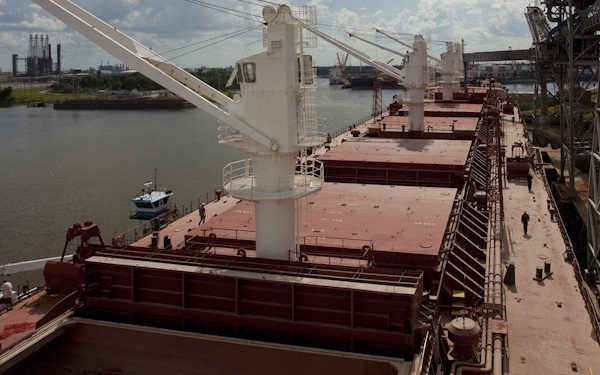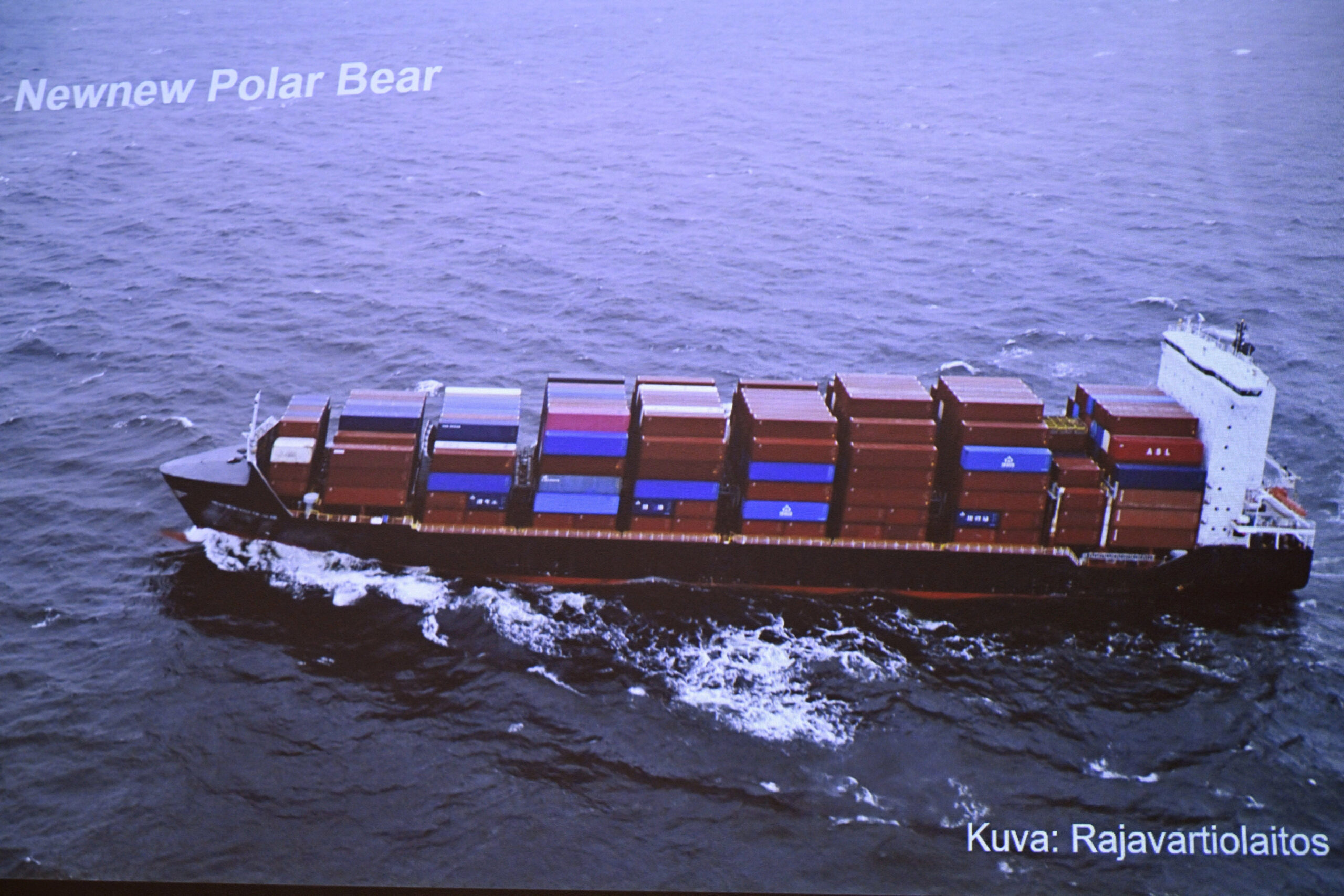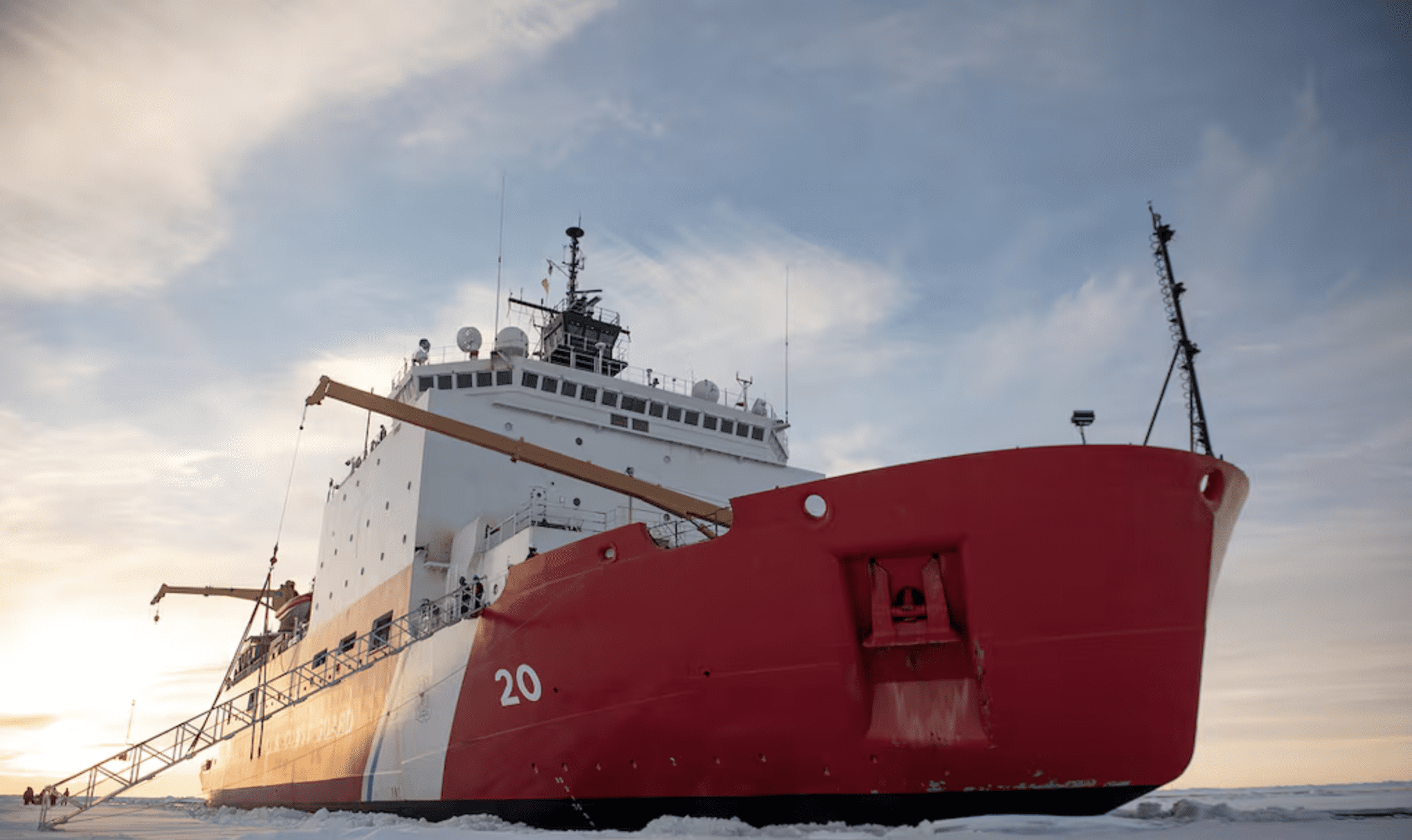By Michelle Wiese Bockmann
(Bloomberg) — The Baltic Dry Index, a measure of costs to transport minerals and grains by sea, fell for a second session as the market slowed at the start of the Lunar New Year holiday in China, the world’s biggest importer of commodities.
The gauge declined 0.3 percent to 746, figures from the London-based Baltic Exchange showed today. That extended last week’s retreat, the third in a row. Charter costs slid for three of the four vessel types tracked by the index, led by Capesizes, the largest iron-ore carriers. Markets in China are closed this week for the holiday.
China’s New Year helped to contain rates as activity weakened, Oslo-based investment bank Arctic Securities ASA said by e-mail today. The market was “at a virtual standstill” for hiring Panamax ships in the Pacific region that also limited charters in the Atlantic, shipbroker ICAP Shipping International Ltd. said in a report e-mailed Feb. 8.
Daily average hire costs for Capesizes declined 1.4 percent to $7,243, according to the exchange. The vessels carry 90 percent of all the iron ore, a raw material for steelmaking, that’s shipped by sea.
Average charter rates for Panamaxes, the largest ships to navigate the Panama Canal, advanced 2 percent to $5,864 a day, the fourth climb in a row. The South American grain season starting next month is boosting demand for the ships and helping to lift earnings, according to London-based ICAP.
Daily hire costs for Supramaxes declined for a 21st session to $6,959, according to the exchange. A glut of the vessels in the Pacific is weighing on rates, Clarkson Plc, the biggest shipbroker, said in a weekend report. Handysizes, the smallest vessels in the index, fell 0.6 percent to $6,241 a day. Charter rates for both classes are the lowest since November.
Copyright 2013 Bloomberg.

 Join The Club
Join The Club











